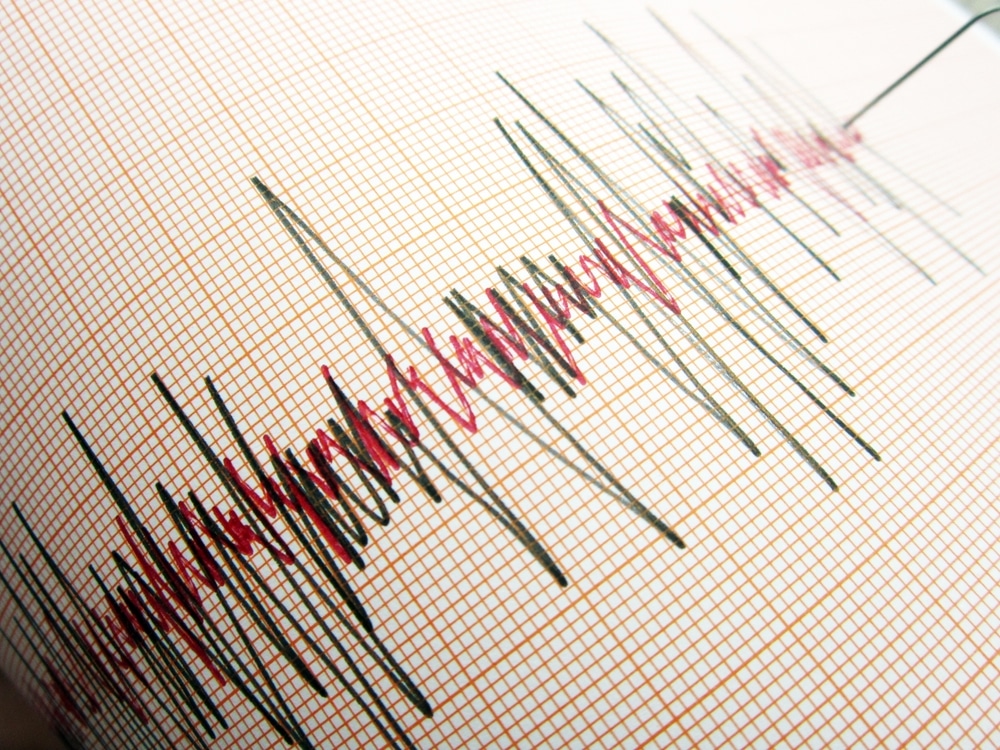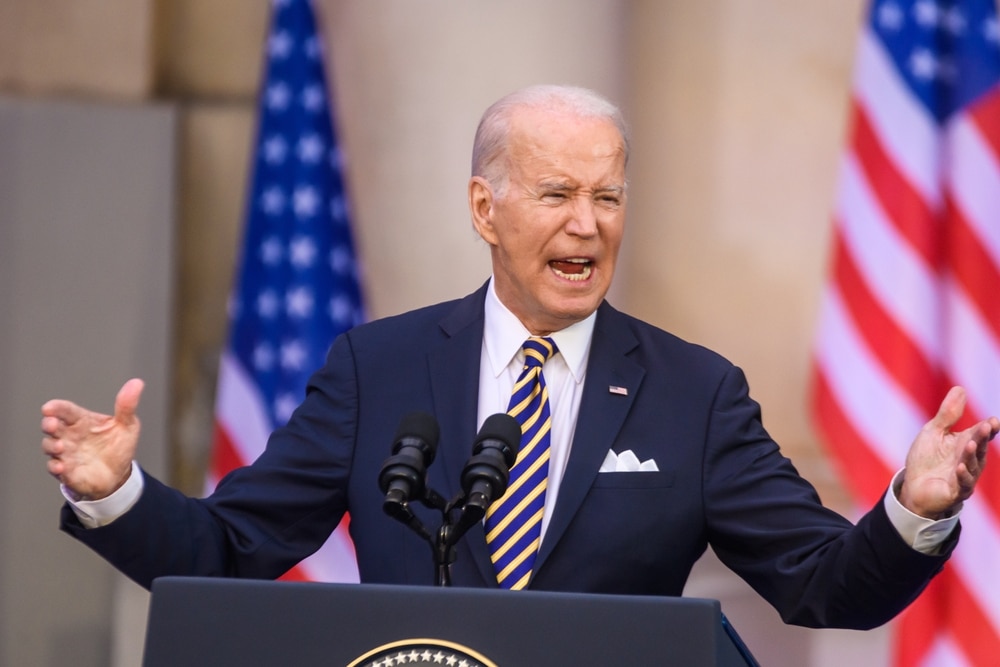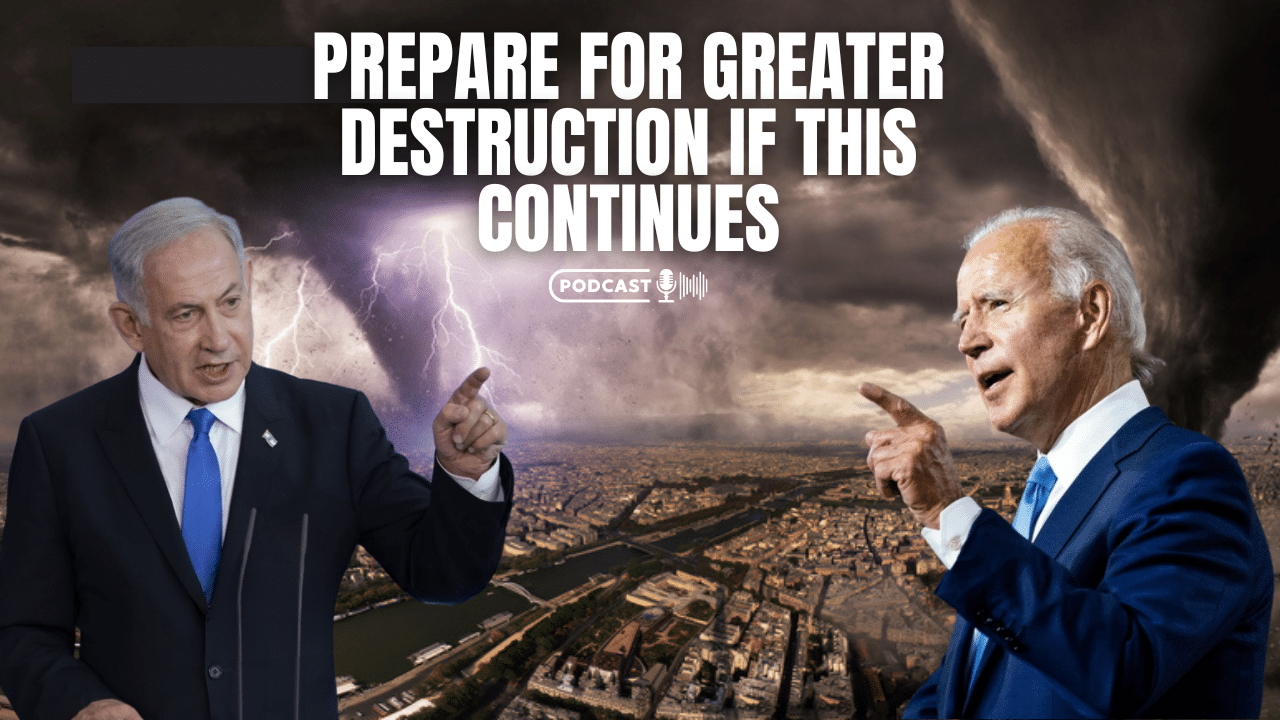What would you do to be completely debt-free? A new survey finds Americans would give up social media for a year (32%), spend a night on a remote island (31%), and even go a month without internet access (29%).
According to the poll of 2,000 U.S. adults, the average person feels they could only stay debt-free for eight-and-a-half weeks (less than 3 months) before accruing new debt.
The research also measured people’s confidence in their ability to remain out of debt, revealing only 38 percent feel “very confident” in this regard.
The most uncertain respondents (384) shared some of the reasons, including the rising cost of living (54%), unexpected expenses (46%), rising interest rates (29%), not having enough support from others (20%), and feeling the need to spend to keep up with others (16%).
People’s biggest debt hurdles include credit card debt (57%), mortgages (30%), automobile loans (30%), and medical debt (28%). Conducted by OnePoll on behalf of Beyond Finance for National Financial Freedom Day, the survey also found the average person has $54,767 worth of debt, with 56 percent saying they owe more for necessities than for “nice-to-haves.”
For some, their debt has stood in the way of making significant life changes, such as buying a home (33%), a car (30%), and setting up their child’s savings (24%).
Thirty-two percent would add money to their emergency fund, while 27 percent would purchase their dream home and 26 percent would take a long-awaited vacation.
Others would “pursue a different career,” “start my own business,” finance their children’s education, and “help my parents with their debts.”
“Debt can sometimes deter people’s short- and long-term goals for themselves and their families,” says a spokesperson for Beyond Finance in a statement.
“Learning to manage it effectively can be life-changing, but 49 percent admit to feeling anxious about their debt, which may make it challenging to focus on finding solutions.”


















